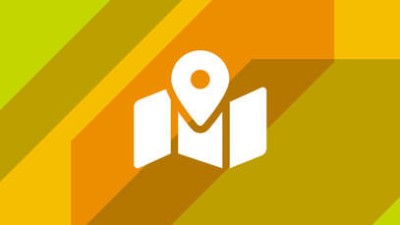Post-Graduation Salary and Career Info
Computer Engineering Technology BS
At RIT, you don’t just graduate with a degree, you graduate with the skills and hands-on experience to thrive in your chosen career.
First-Year Full-Time Salary of RIT Computer Engineering Technology BS Graduates
$91,300
Average
$85,000
Median
RIT publishes full-time salaries, outcome rates, and typical job titles for graduates within six months of graduation. Data is collected annually, and RIT graduate outcomes above are from the class of 2024.
Student Outcomes
80%
Outcomes Rate for Computer Engineering Technology BS
83.30%
Knowledge Rate
| Outcome | % of Students |
|---|---|
| Employed | 80.00% |
| Full-time Graduate Study | 0% |
| Alternative Plans | 0% |
This degree also has an accelerated bachelor’s/master’s option.
Career Services Contact






